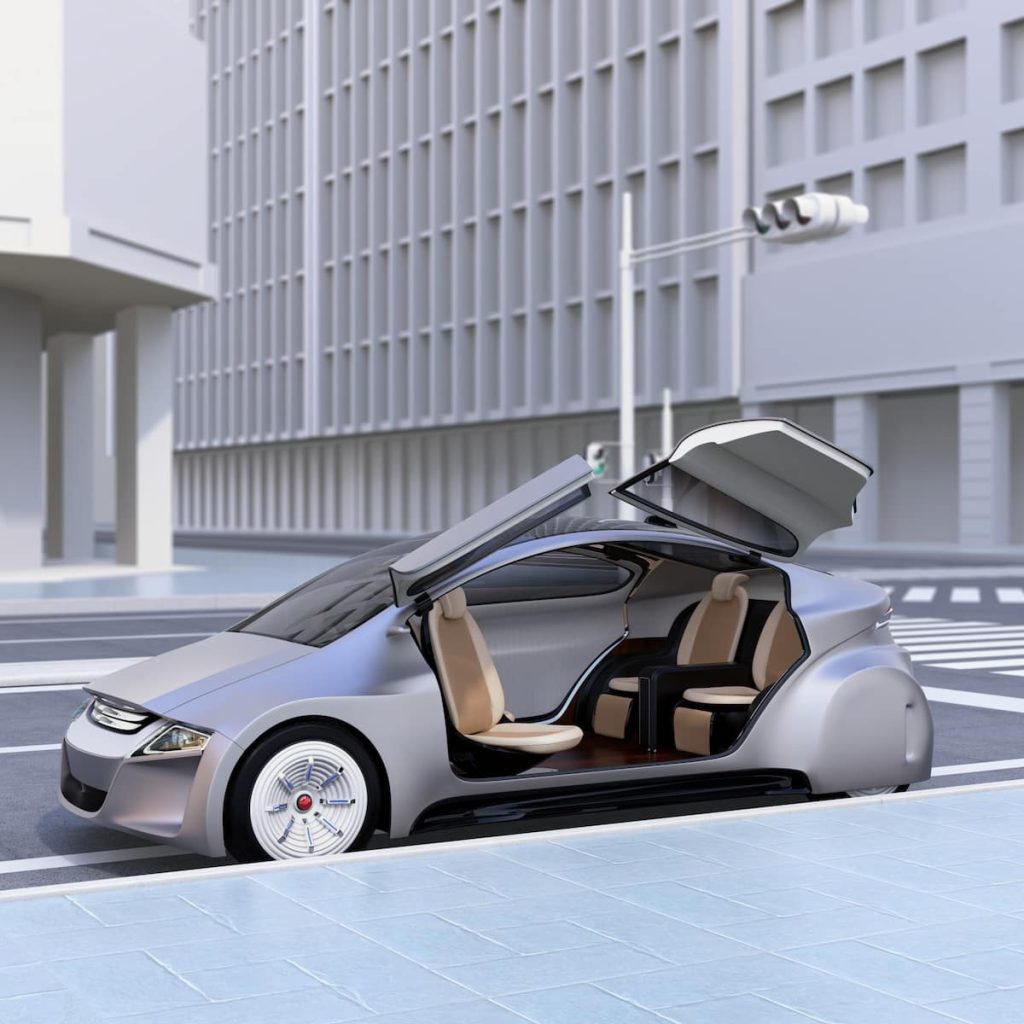One of the first companies to try the benefits of self-driving cars was Uber. Since the route of a passenger is pre-established, it was easy to think of autonomous cars as solutions to a more effective service.
Unfortunately, the worst-case scenario has taken place when a pedestrian was killed by a self-driving Uber in Tempe, Arizona, in 2018.

Self-driving cars are part of a future most of us have been dreaming of. The pure thought that automotive technology has reached this point is mesmerizing, opening new ways in which we can transport people and goods.
Generally, self-driving cars are shown to reduce the incidence of car accidents, since they eliminate a big part of the human errors leading to them, but they are definitely not bullet-proof yet. In fact, even if there are several self-driving cars legally driving on the streets, they should be considered as part of an extensive testing process right now.
Who Was Liable for the Tempe Accident?
To better understand what would happen if you are hit by a self-driving Uber, it’s important to analyze what happened in the Tempe case, since it raises relevant questions for any similar case. Uber was not found liable for this accident, because of how self-driving cars are meant to be operated.
At the moment, self-driving cars can make all the important decisions a driver makes when behind the wheel. They can identify pedestrians, debris, crosswalks, other vehicles, etc. They are able to break in case of an emergency or slow down when approaching other objects.
In the Tempe fatal case, 3 main events led to this outcome:
- The emergency braking system was disabled for self-driving mode;
- The self-driving software did not identify the victim correctly, as she was jaywalking, pushing her bicycle across the road;
- The Uber driver wasn’t looking at the road at all times, as they were engaged in watching a TV show on their mobile device.
Uber was not found liable for the death of the victim, in this case. Instead, the safety driver (the human behind the wheel) was charged with criminal negligence. Uber and the company that developed the self-driving system were not found liable for this.
Who Pays for Compensation If You Are Hit by a Self-Driving Uber?
The Tempe case, while it’s a relevant example of such a scenario, cannot be considered a solid reference for future trials involving self-driving cars. Technology often exceeds the speed with which we adapt our legal system, often leaving a grey area of uncertainty before such cases become mainstream.
What happens if you are hit by a self-driving Uber? Who is liable? It’s hard to say, since the cause of the accident must be determined very carefully. The safety driver might be at fault, the self-driving system developer, Uber or even the municipality could potentially be held liable in such a case.
If you are ever in this situation, definitely hire an experienced Uber accident attorney, since it greatly increases your chances of getting fair compensation in such an unusual situation.
